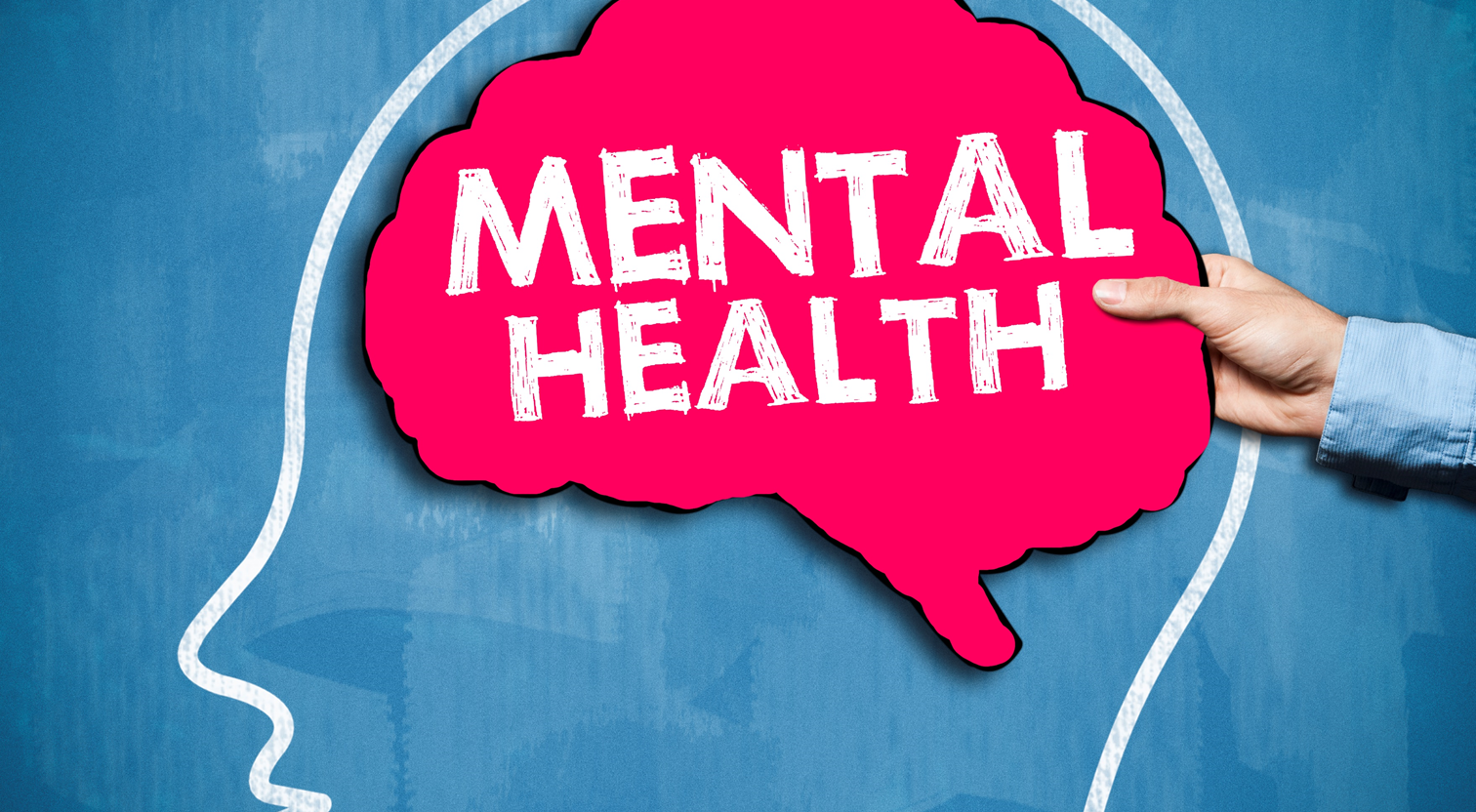There’s no denying that young people’s lives have been drastically disrupted by the COVID-19 pandemic. Even though classes have resumed and many students have been able to move forward in their education careers, there have been many missed opportunities and activities over the last few years.
Also, many who managed to secure jobs or internships before the pandemic and were able to maintain them in some form remotely found that their development journeys have been hindered significantly. And those still living at home forced to cope with limited space, increased time with family and lack of social interaction with peers during periods of lockdown or isolation have no doubt felt the strain.
It is not surprising then, though deeply troubling, that a major survey by The Health Foundation as early as April 2020 already found substantially higher levels of anxiety and difficulties in concentrating among young people.
Supporting Youth Mental Health in 2021
A number of studies have shown increased levels of anxiety and depression among young people from as early as April 2020. The causes of this are obvious for anyone with children or young relatives. Lack of certainty around the future, constant changes in lifestyle, disruptions to education and social life, increased time spent around adults who are managing their own stress, lack of peer support and more have all contributed to a concerning reality.
As we continue to make decisions to curb the spread of the virus and get things back to normal, it is often felt by younger people that their voices are less important. And this feeling of being left out of the conversation is also imagined for the future of the country when we rely on the enthusiasm and passion of the young to help initiate important change.
Youth Mental Health Day is an important moment to recognise the impact that has been felt by many young people across society and look for ways to rebuild what has been lost and strengthen the resilience of youth communities.
What Can Parents Do?
As an adult, you may feel like there’s only so much you can do to support youth mental health if you don’t have a child yourself. However, you don’t need to be a parent to be aware of the important issues and carry forward an understanding of the challenges that this group faces as a result of the pandemic.
When you visit us to make use of our various treatments such as pilates, massage therapy or Chinese acupuncture in London, we encourage you to share with us how the younger members of your family are doing. We might not be able to offer all our services to youths, but many of the principles promoted through our activities can also be taught to your children, nieces or nephews to help promote healthier minds and overall well being.








